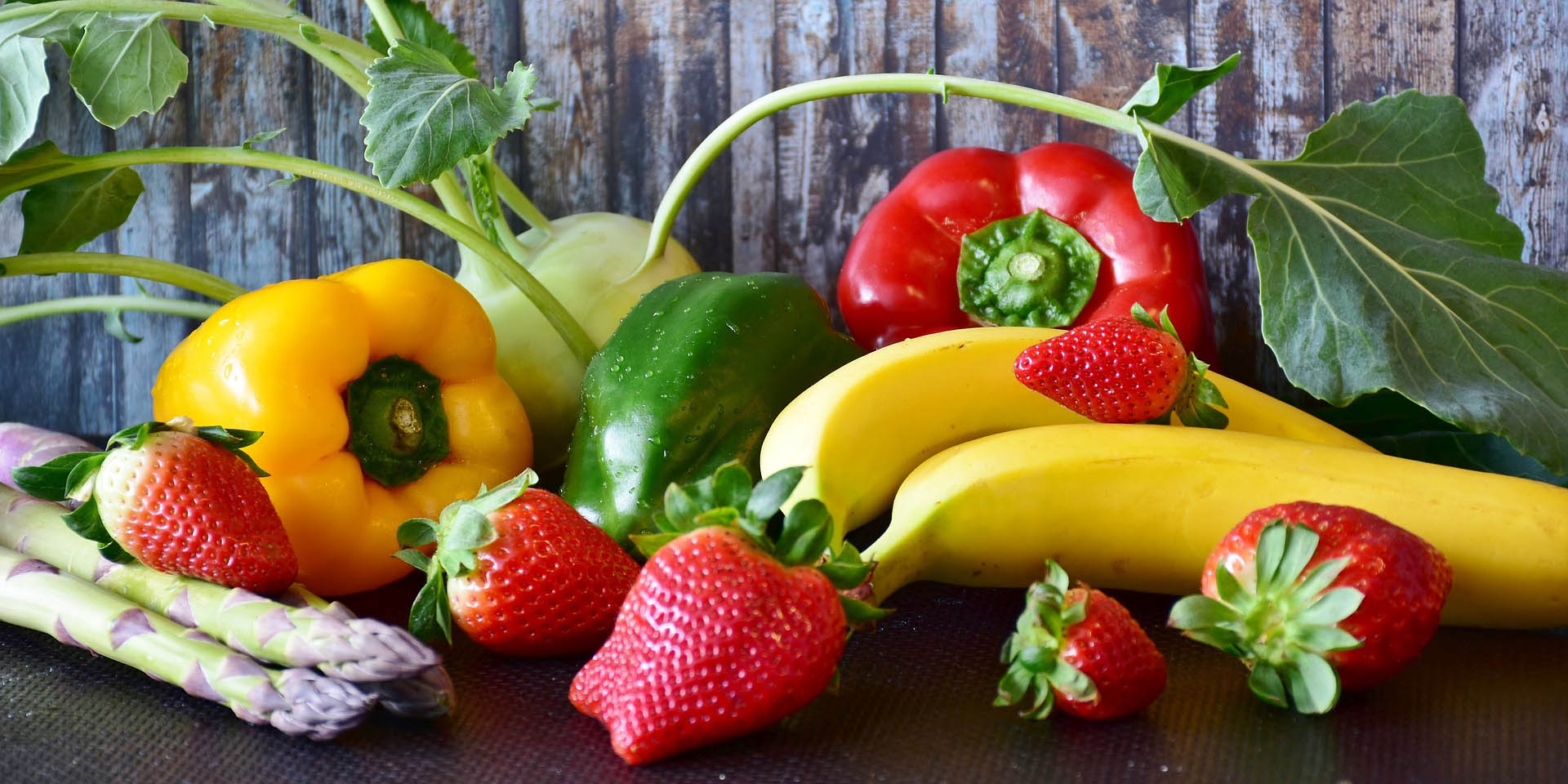Flavonoids and Forgetfulness

PREMIUM CONTENT for MEMBERS ONLY
It is widely understood that a healthy diet consists not only of sufficient amount of high-quality fruits and vegetables, but the variety of these plant based foods in your diet is equally important. Not only are they good for us because of their various fiber content, but also because of their high concentration of flavonoids. Flavonoids, otherwise known as phytochemicals or polyphenols are large, unabsorbable molecules, which require microbes in the distal small intestine and large intestine to break them down into smaller, absorbable metabolites. Flavonoids feed our microbes, increasing the relative abundance of health-promoting microbes, and decreasing the abundance of microorganisms less advantageous for our gut health, and after metabolism contribute to the health of many organs, including the brain.
A study done by investigators at the Harvard School of Public Health, under the leadership of Dr. Walter Willet, and published in the journal Neurology in July 2021 followed more than 77,000 healthy middle-aged men and women over the course of 20 years. Based on responses of the subjects to food frequency questionnaire, the researchers estimated how often participants ate various flavonoid-rich foods and whether they experienced changes in their cognitive function in their 70s. Cognitive function was assessed in terms of remembering recent events or a short list of items, remembering things from one second to the next, understanding instructions, following a group conversation or TV plot, and finding their way around familiar streets.
The researchers calculated the participants’ intake of six classes of flavonoids from the questionnaire information: flavanols (such as quercetin in onions and kale), flavones (such as luteolin in green chile peppers and celery), flavanones (such as naringenin in grapefruit and oranges), flavan-3-ol monomers (such as catechins in red wine and strawberries), anthocyanins (such as cyanidin in blackberries and red cabbage), and polymers (such as theaflavins in black tea).
The study found that study participants that reported the highest daily intake of flavonoids from fruits and vegetables were 19% less likely to report difficulties with memory and thinking, compared to those with the lowest daily intake. These results were found after accounting for other factors that may have affected cognition, such as age, overweight, lack of physical activity, alcohol intake, depression, and non-flavonoid nutrient intake.
Some flavonoids which stood out in the study were flavones, which were associated with a 38% lower risk for self-reported cognitive decline, flavanones, which had a 36% lower risk for self-reported cognitive decline, and anthocyanins, which had a 24% lower risk for self-reported cognitive decline.
It’s important to note that this study was observational and only showed correlations between flavonoid intake and cognitive function and not causality. Furthermore, the estimation of actual flavonoids reaching our brain via the circulation based on self-reports on a food frequency questionnaire is unreliable. In other words, despite the impressive numbers and longitudinal design of the study, the results don’t prove that flavonoid intake keeps people sharp in older age. However, supporting the observed associations, a growing number of smaller studies have also found a link between flavonoid intake and cognitive health benefits.
Most people may think these flavonoids protect against cognitive decline solely because they are powerful antioxidants – fighting brain inflammation. However, we now know that only a very small fraction of the ingested flavonoids exert antioxidant effects in our body, negligible in comparison to the body’s own production of powerful antioxidants such as glutathione. What really happens is that while the intact molecules which can exert antioxidant effects in a test tube, are too large to be absorbed in the small intestine, and require the actions of our gut microbes to break them down into small, absorbable health-promoting metabolites. It is some of these metabolites that can exert powerful anti-inflammatory, antioxidant and antiaging effects.
Ironically, these healthy plant molecules are not acknowledged by the FDA and therefore the amount one should consume is not standardized. In the study, low flavonoid consumption was approximately 150 mg per day whereas high was 620 mg per day. To put that into perspective, half a cup of blueberries contains about 165mg of anthocyanins, and half a cup of peppers contains approximately 5mg of flavones.
In summary, the study found that flavonoid-rich foods such as strawberries, oranges, grapefruits, citrus juices, apples/pears, celery, peppers, and bananas were significantly associated with lower odds of subjective cognitive decline. The authors concluded that their findings support a benefit of higher flavonoid intake for maintaining cognitive function in both men and women.
A word of caution for people that justify their love of chocolate with the presumed high flavonoid content of chocolate, and the presumed health benefit of regular chocolate consumption for cognitive function. However, the evidence supporting a health benefit of chocolate, due to it containing flavonoids, is inconclusive at best. One thing that is known though, is the downside of chocolate! The tasty chocolate we all love is high in saturated and monounsaturated fats. It also often contains a lot of sugar, making it an energy dense food, containing about 550 calories per 100g. And so obviously eating high quantities of it is going to be bad for your metabolic health!
If you’ve followed our blog posts for a while, you know that we highlight the importance of a fiber- and polyphenol-rich diet. The best advice I can give you is to not worry so much about the quantity of specific polyphenols you’re consuming, but rather to eat a wide range of fruits and vegetables to give your gut microbes an adequate amount of each type. Recent evidence suggests that the consumption of 30 different fruits and vegetables a week will boost your gut microbiome and support both gut and overall health. As shown in this study, there are many types of flavonoids, each of which are metabolizes by microbes into different absorbable molecules and while we may never know what each one’s role is specifically, we know that a combination of these unique molecules, together with plant-derived fiber are all important for the health of gut and brain, and for disease free longevity.
This post was previously published on Nov 11, 2021 and has been modified slightly by Dr. Emeran Mayer.
By E. Dylan Mayer and Emeran Mayer, MD

E. Dylan Mayer is a graduate from the University of Colorado at Boulder, with a major in Neuroscience and minor in Business. He also holds a Master’s Degree in Nutrition from Columbia University.